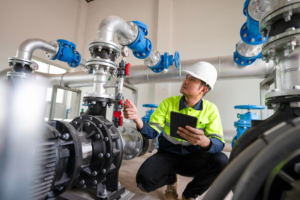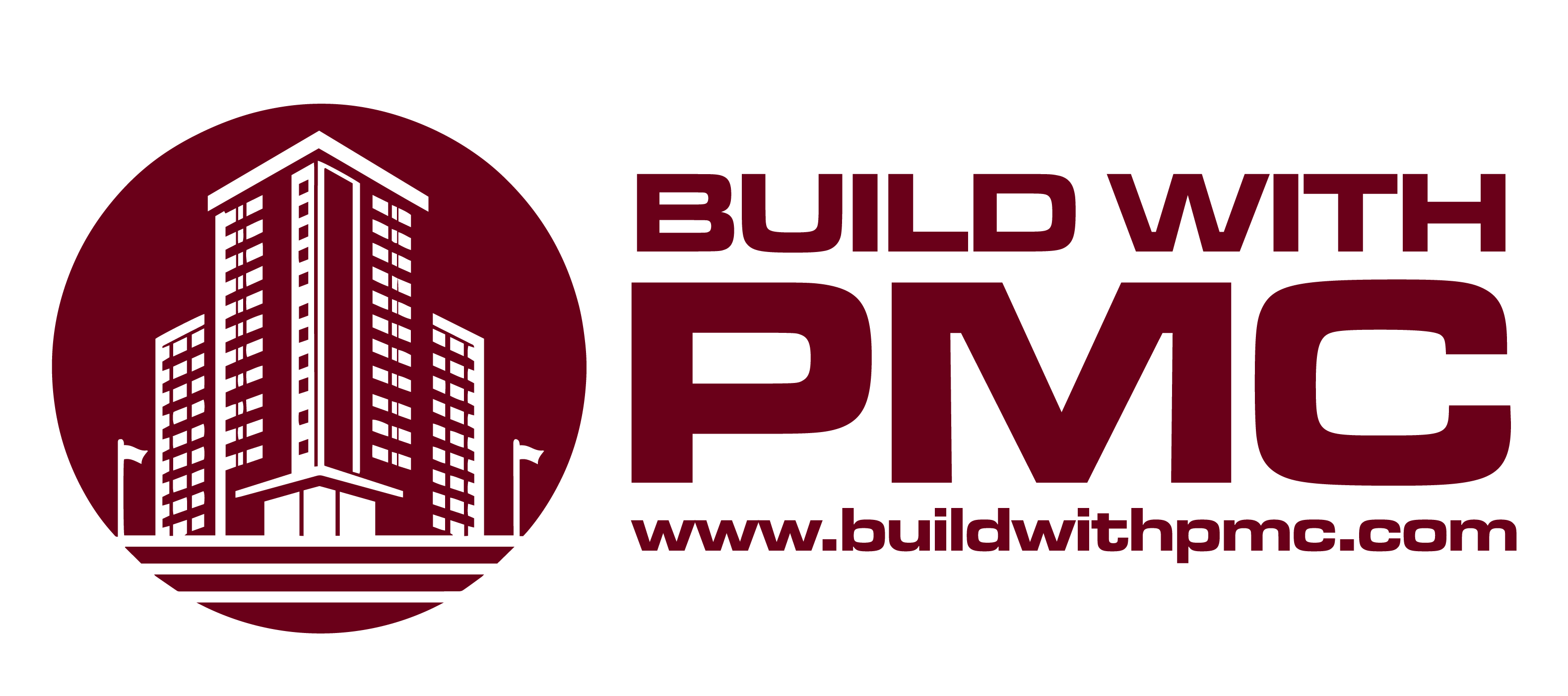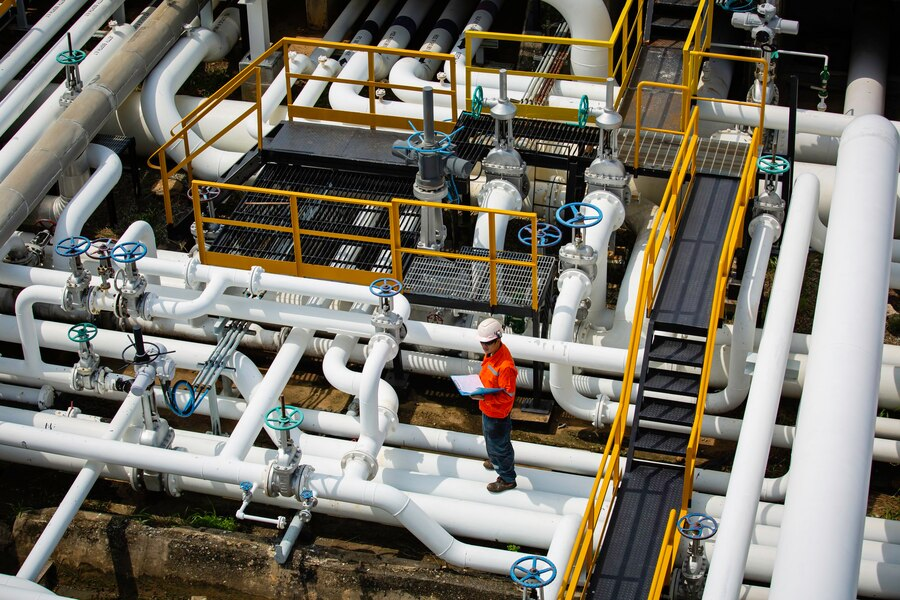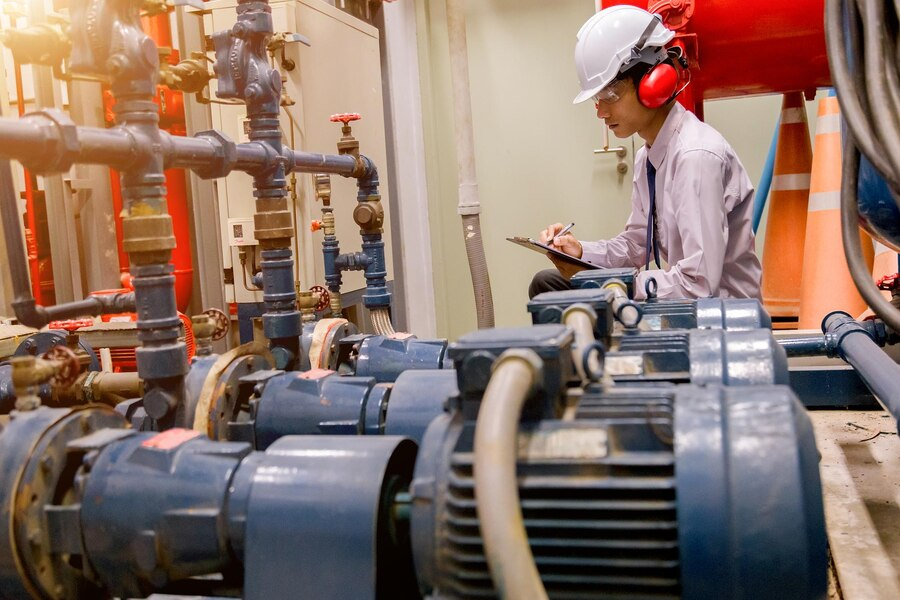Precision in process piping is crucial for ensuring the safety, efficiency, and longevity of industrial systems. In industries such as oil and gas, pharmaceuticals, and manufacturing, even the smallest deviation in design or installation can lead to significant operational issues, including leaks, inefficiencies, and safety hazards. By prioritizing accuracy in every phase of a project, from design to execution, businesses can optimize performance, minimize risks, and ultimately achieve better project outcomes. This article delves into the key reasons why precision in process piping projects is essential for success.
Understanding Process Piping: Definition and Significance
Process piping refers to the network of pipes used to transport fluids—such as gases, liquids, and slurries—within industrial facilities. These systems are vital for operations in sectors like oil and gas, chemical processing, and food production. Properly designed and maintained process piping ensures that materials move efficiently from one point to another, supporting overall productivity and operational goals.
The significance of process piping extends beyond mere transportation. It impacts the quality of products, the safety of operations, and the efficiency of systems. As such, any deficiencies or failures in these piping systems can lead to catastrophic outcomes, including environmental contamination and significant financial losses. Understanding the role of process piping is the first step toward recognizing the necessity of precision in its execution.

The Role of Precision in Design and Engineering
Precision in the design and engineering of process piping is fundamental to ensuring that systems operate as intended. This involves meticulous calculations, modeling, and planning to create a layout that optimally manages the flow of materials while minimizing pressure losses and energy consumption. Engineers must consider various factors, including temperature, pressure, and chemical compatibility, to develop designs that meet industry standards and regulations.
Furthermore, precise engineering lays the groundwork for effective collaboration among various stakeholders, including designers, manufacturers, and installers. By ensuring that all aspects of the design are clear and accurate, teams can reduce miscommunication and errors during installation. This cohesiveness not only enhances project efficiency but also builds a solid foundation for future maintenance and upgrades, ultimately leading to longer-lasting systems.
Common Risks Associated with Inaccurate Process Piping
Inaccurate process piping poses several risks that can have severe implications for businesses. One of the most immediate dangers is the potential for leaks, which can result in hazardous material spills, environmental contamination, and safety hazards for workers. These leaks can also lead to costly downtime and repairs, disrupting production schedules and diminishing profitability.
Additionally, poorly designed or installed piping can cause pressure imbalances and flow restrictions, leading to inefficient operations and increased energy costs. Over time, these inefficiencies accumulate, straining resources and reducing overall system reliability. Understanding these risks emphasizes the need for precision in every aspect of process piping projects, from initial design to final installation.
Key Factors Contributing to Precision in Installation
Achieving precision in process piping installation is crucial for optimal performance and safety. Here are four key factors that contribute to successful installations:
- Quality of Materials: Using high-quality pipes, fittings, and seals ensures durability and reliability in process piping systems. Quality materials withstand operational stresses, reducing the likelihood of leaks and failures over time.
- Skilled Labor: Experienced and knowledgeable installation teams are vital for precision. Skilled professionals can identify potential issues early, apply best practices, and execute complex installations accurately, minimizing errors and rework.
- Accurate Measurements: Precise measurements are essential for ensuring components fit together correctly. Utilizing calibrated tools and equipment helps achieve accurate dimensions, preventing misalignment and other issues during installation.
- Comprehensive Planning: Thorough planning and detailed documentation establish clear expectations for the installation process. By anticipating challenges and defining procedures, teams can enhance communication and coordination, leading to successful project execution.
Technological Advances Enhancing Precision in Process Piping
The integration of advanced technologies in process piping has revolutionized the way systems are designed, installed, and maintained. Computer-aided design (CAD) software allows engineers to create detailed, accurate models that simulate fluid flow and pressure conditions. These tools enable engineers to visualize complex systems, leading to more informed decision-making and precise designs.
Moreover, technologies such as laser scanning and 3D modeling facilitate accurate measurements during installation. These innovations reduce human error and allow for real-time adjustments, ensuring that each component fits perfectly within the system. The adoption of these technologies not only improves precision but also enhances collaboration among teams, leading to faster project completion times and better overall outcomes.
The Impact of Precision on Safety and Compliance Standards
Precision in process piping has a direct impact on safety and compliance with industry standards. Regulatory bodies impose strict guidelines to ensure that piping systems function safely and efficiently. Any deviation from these standards can result in significant legal and financial repercussions for companies, including fines and penalties.
Moreover, the safety of personnel and the environment hinges on the accuracy of process piping installations. Well-constructed systems reduce the risk of leaks, spills, and other accidents that could harm workers or the surrounding community. By prioritizing precision, businesses can foster a culture of safety that not only complies with regulations but also protects their employees and the environment, reinforcing their commitment to responsible operations.
Cost Implications of Precision in Process Piping Projects
While investing in precision during process piping projects may initially seem costly, the long-term savings far outweigh these upfront expenses. Accurate designs and installations reduce the likelihood of costly repairs and maintenance due to leaks or inefficiencies. This proactive approach minimizes unplanned downtime and enhances overall productivity, which ultimately leads to greater profitability.
Furthermore, precision contributes to better resource management. Efficient piping systems reduce energy consumption and waste, resulting in lower operational costs over time. Companies that prioritize precision are better positioned to maximize their investments, leading to improved financial outcomes and a competitive advantage in the marketplace.
Best Practices for Achieving Precision in Process Piping
To achieve precision in process piping, implementing best practices throughout the project lifecycle is essential. First, thorough planning and detailed documentation are crucial. This includes conducting comprehensive site surveys, accurate measurements, and clear communication among all stakeholders. A well-documented plan helps mitigate misunderstandings and sets the stage for a successful project.
Regular training and skill development for personnel involved in the design and installation phases are equally important. By keeping teams updated on the latest technologies and industry standards, companies can enhance their workforce’s capabilities. Additionally, conducting regular inspections and audits during and after installation ensures that systems remain compliant and efficient, fostering a culture of continuous improvement and excellence in process piping projects.
Conclusion
Ensuring accuracy in process piping projects is essential for optimizing efficiency, safety, and long-term reliability. By prioritizing the factors that contribute to precise installations, businesses can mitigate risks, reduce costs, and enhance overall operational performance. In Fontana, California, PMC INC is dedicated to delivering exceptional process piping solutions tailored to your specific needs. Our team of skilled professionals utilizes high-quality materials and advanced technologies to guarantee that every project meets the highest standards.
Don’t compromise on the quality of your piping systems—contact us today at 562-905-3101 to discuss how we can support your next project and ensure its success through expert process piping installation and management. Let’s work together to achieve excellence in your operations!




